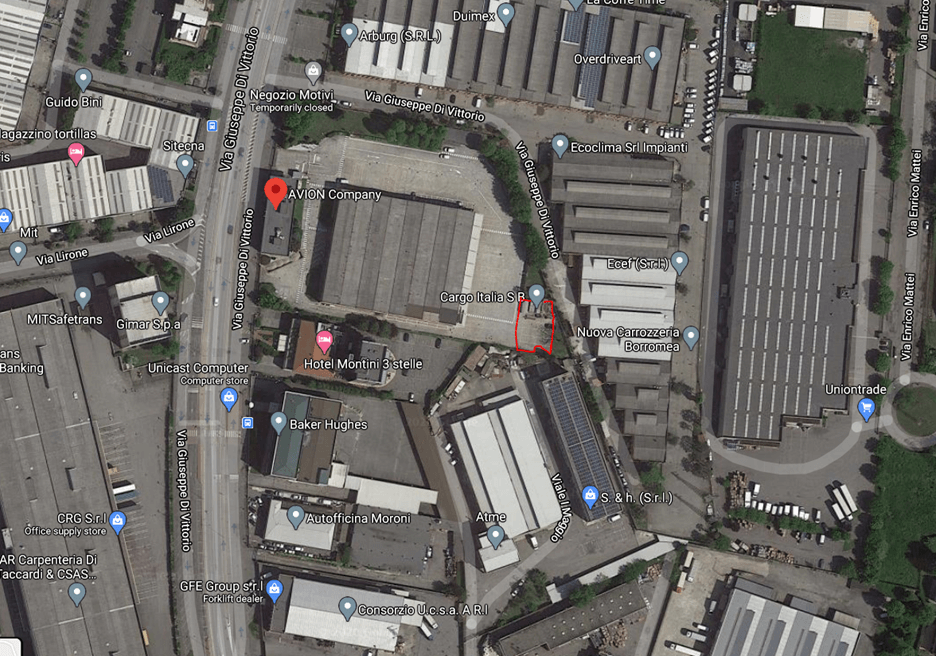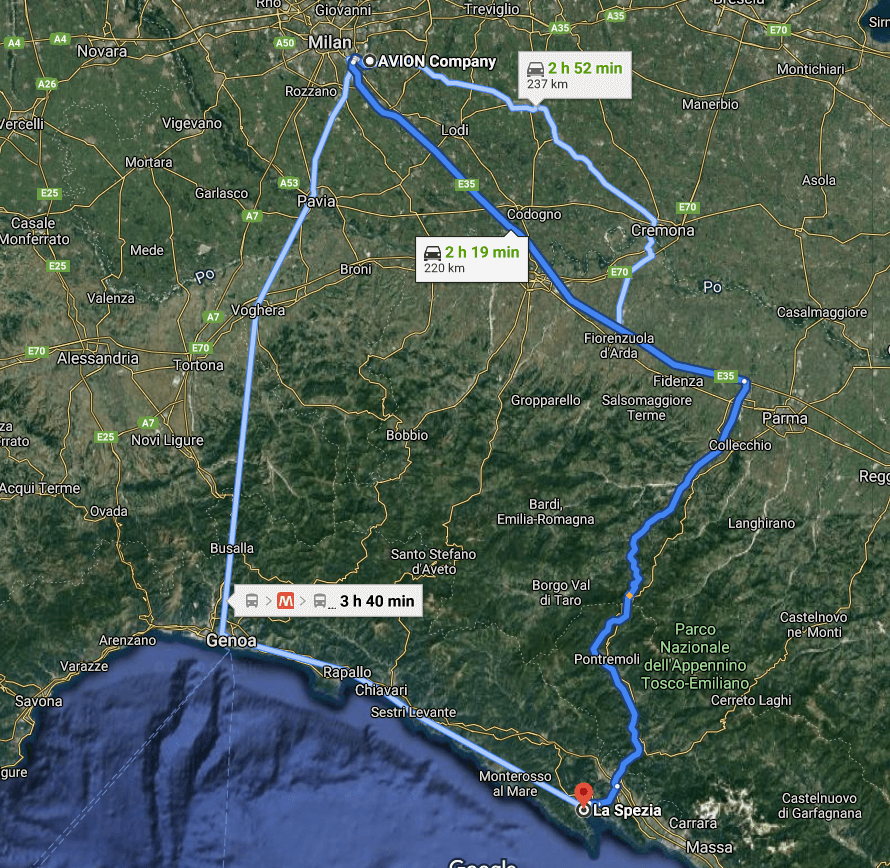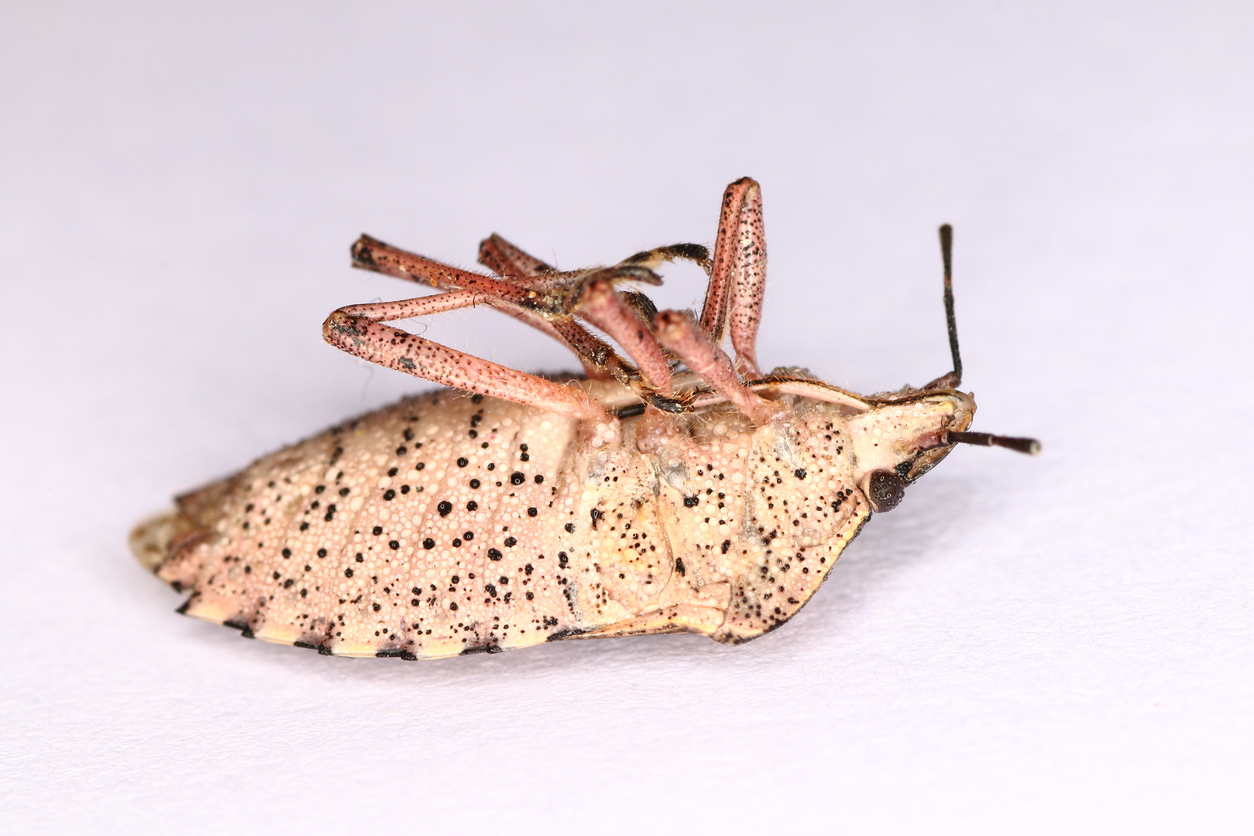The Brown Marmorated Stink Bug (BMSB) is a pest that poses a significant biosecurity risk to Australia. The highly invasive pest is known to stow away in cargo being shipped from countries in the northern hemisphere between September and April. If the BMSB is introduced into Australia, the pest could potentially destroy crops, nursery stock and ornamental plants. The bug is now on the move and the Department of Agriculture, Water and the Environment (DAWE) are closely monitoring every shipment originating in target risk countries.
Target Risk Countries.
Albania. Andorra. Armenia. Austria. Azerbaijan.
Belgium. Bosnia. Bulgaria.
Canada. Croatia. Czechia.
France.
Georgia. Germany. Greece.
Herzegovina. Hungary.
Italy.
Japan.
Kosovo.
Liechtenstein. Luxembourg.
Moldova. Montenegro.
Netherlands
Portugal.
The Republic of North Macedonia. Romania. Russia.
Serbia. Slovakia. Slovenia. Spain. Switzerland.
Turkey.
Ukraine. USA.
Avion supports DAWE’s endeavours to protect Australia from BMSB infestation and takes every precaution necessary to prevent its entry into the country. As an approved treatment provider, we conduct fumigation and BMSB treatments in our large facility in Milan Peschiera Borromeo for FCL/LCL container loads destined for Australia. The area incorporates more than 5000sqm covered and 5000sqm open hardstand where containers can be easily parked for treatment.

2020-21 Target High-Risk Goods For Mandatory Treatment.
The following tariff classifications are categorised as target high-risk goods requiring mandatory BMSB treatment in the 2020-21 season. Offshore treatment of break-bulk, target high-risk goods is mandatory, and any untreated break-bulk will be denied discharge and immediately directed for export.
- 36- Explosives; pyrotechnic products;
- matches; pyrophoric alloys; certain
- combustible preparations.
- 44- Wood and articles of wood; wood charcoal.
- 45- Cork and articles of cork.
- 57- Carpets and other textile floor coverings.
- 68- Articles of stone, plaster, cement, asbestos, mica or similar materials,
- 69- Ceramic products – including subchapters I and II.
- 70- Glass and glassware.
- 72- Iron and steel – including subchapters I, II, III, IV.
- 73- Articles of iron or steel.
- 74- Copper and articles thereof.
- 75- Nickel and articles thereof.
- 76- Aluminium and articles thereof.
- 78- Lead and articles thereof.
- 79- Zinc and articles thereof.
- 80- Tin and articles thereof.
- 81- Other base metals; cermets; articles
- thereof.
- 82- Tools, implements, cutlery, spoons and forks, of base metal; parts thereof of base metal.
- 83- Miscellaneous articles of base metals.
- 84- Nuclear reactors, boilers, machinery and mechanical appliances; parts thereof.
- 85- Electrical machinery and equipment
- and parts thereof; sound recorders and
- reproducers, television image and sound
- recorders and reproducers, and parts and
- accessories of such articles.
- 86- Railway or tramway locomotives, rollingstock and parts thereof; railway or tramway track fixtures and fittings and parts thereof; mechanical (including electro-mechanical) traffic signalling equipment of all kinds.
- 87- Vehicles other than railway or tramway
- rolling-stock, and parts and accessories
- thereof.
- 88- Aircraft, spacecraft, and parts thereof.
- 89- Ships, boats and floating structures.
- 93- Arms and ammunition; parts and
- accessories thereof.
2020-21 Target High-Risk Goods NOT For Mandatory Treatment.
The following products have been classified as target risk goods that are NOT for mandatory treatment but ARE subject to increased onshore intervention and inspection.
25- Salt; sulphur; earths and stone; plastering materials, lime and cement.
26- Ores, slag and ash.
27- Mineral fuels, mineral oils and products of their distillation; bituminous substances; mineral waxes.
28- Inorganic chemicals; organic or inorganic compounds of precious metals, of rare-earth metals, of radioactive elements or of isotopes – including subchapters I, II, III, IV and V.
29- Organic chemicals – including subchapters I, II, III, IV, V, VI, VII, VIII, IX, X, XII and XIII.
31- Fertilisers.
38- Miscellaneous chemical products.
39- Plastics and articles thereof including subchapters I and II.
40- Rubber and articles thereof.
46- Manufactures of straw, of esparto or of other plaiting materials; basket ware and wickerwork.
47- Pulp of wood or of other fibrous cellulosic material; recovered (waste and scrap) paper or paperboard.
48- Paper and paperboard; articles of paper pulp, of paper or of paperboard.
49- Printed books, newspapers, pictures and other products of the printing industry; manuscripts, typescripts and plans.
56- Wadding, felt and nonwovens; special yarns; twine, cordage, ropes and cables and articles thereof.
Target high-risk consignments are directed to our modern facility in Milan Peschiera Borromeo, where highly qualified personnel conduct fumigation in a strictly controlled environment. There are three approved treatment measures for BMSB with strict set minimum standards, including:
Heat.
Methyl Bromide.
Sulfuryl Flouride (third-party system).

Our treatment facility is conveniently located near Milan airport and approximately 2 hours from the Port of Genoa. All treated consignments receive a valid fumigation certificate that accompanies the consignment to its final destination as proof of treatment. Consignments without a valid fumigation certificate will be denied discharge and immediately directed for export. For further information on Avions BMSB fumigation services, please contact us today on +61 2 9326 8400 to speak to one of our representatives.
Recent posts
Sign up and stay update
Follow us
